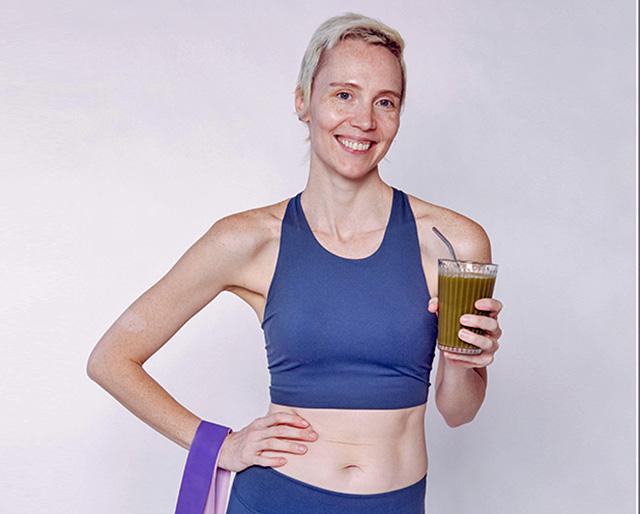Antioxidants are crucial compounds that protect our cells from oxidative stress caused by free radicals—unstable molecules that can damage cells, proteins, and DNA. These free radicals are often produced during intense physical activity, making antioxidants particularly relevant for athletes.
 antioxidants in a drink
antioxidants in a drinkCommon antioxidants include vitamin C, vitamin E, beta-carotene, and selenium, which help neutralize these harmful molecules, thereby potentially reducing inflammation and muscle soreness and promoting quicker recovery.
For athletes, the potential benefits of antioxidant supplementation are significant, particularly due to the increased oxidative stress associated with high-intensity training and competition. Some studies suggest that antioxidants can help reduce muscle damage, improve recovery times, and enhance overall performance. For example, vitamin C and E supplements have been shown to mitigate muscle soreness after strenuous exercise. Additionally, antioxidants like quercetin and coenzyme Q10 are popular among athletes for their potential to enhance endurance and reduce fatigue.
Do You Need supplements?
However, it's essential to approach antioxidant supplementation with caution. The body naturally produces antioxidants, and obtaining them from a balanced diet is generally the best course of action. Fruits and vegetables, such as berries, citrus fruits, leafy greens, and nuts, are excellent sources of antioxidants and should be the primary means of meeting antioxidant needs. A diet rich in these foods can provide the necessary antioxidants to help athletes manage oxidative stress effectively. Moreover, whole foods contain a complex matrix of nutrients that work synergistically, offering benefits that isolated supplements may not replicate.
In cases where dietary intake may not be sufficient, or specific performance needs warrant additional support, antioxidant supplements can be considered. Athletes might benefit from supplements like vitamin C, vitamin E, or selenium, but it's crucial to do so under the guidance of a healthcare professional to avoid excessive intake, which can sometimes counteract the benefits. For example, high doses of antioxidants can interfere with the body's natural adaptive responses to exercise, potentially blunting some of the beneficial effects of training.
In summary, while antioxidant supplementation can offer potential benefits for athletes, it should not replace a balanced diet rich in natural sources of antioxidants. Prioritizing a diet filled with colorful fruits, vegetables, and whole foods will generally provide the necessary antioxidants to support athletic performance and recovery. When supplementation is considered, it should be approached with caution and professional advice to ensure it supports, rather than hinders, overall health and performance goals.
Related Pages
- Nitrates — helps improve exercise tolerance
- Guide to Athletic Supplements
- Go Shopping in the Supplement Store
- Health benefits of Antioxidants


 Upcoming Events
Upcoming Events